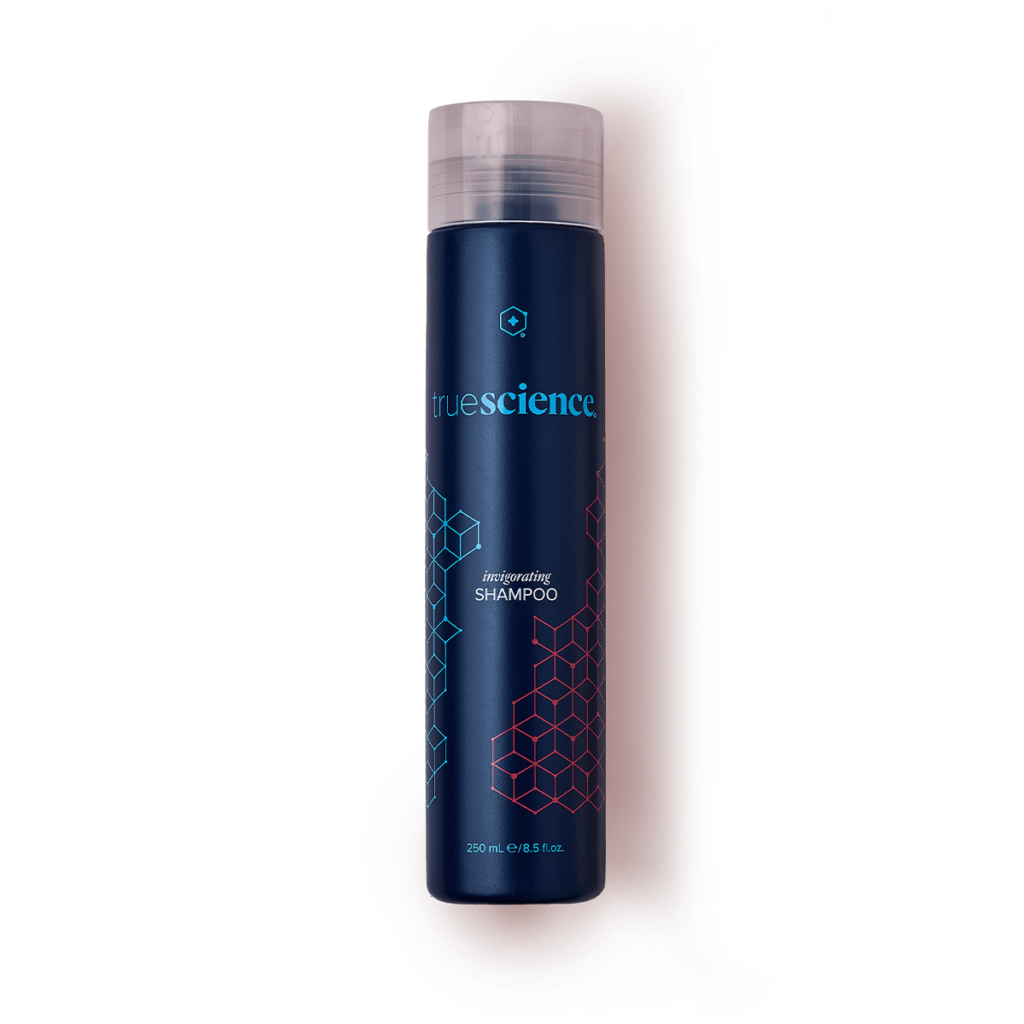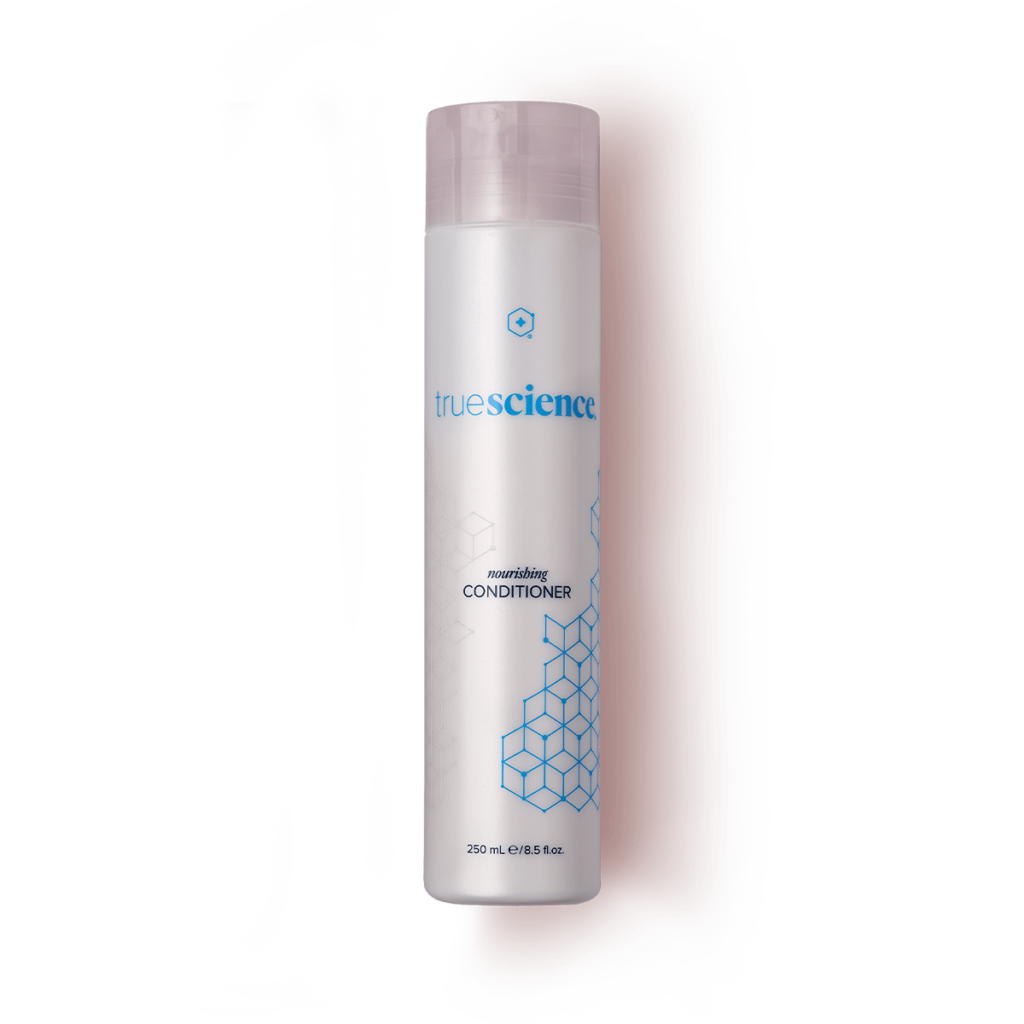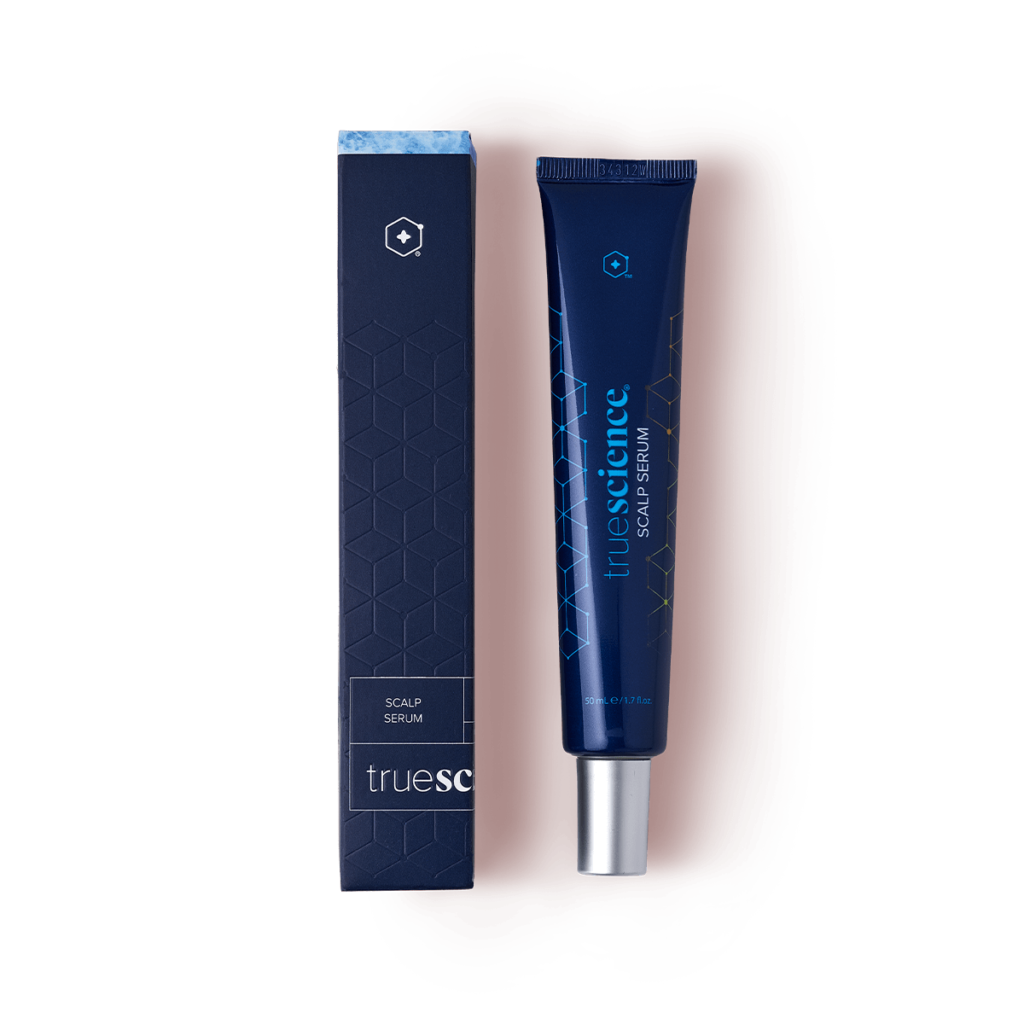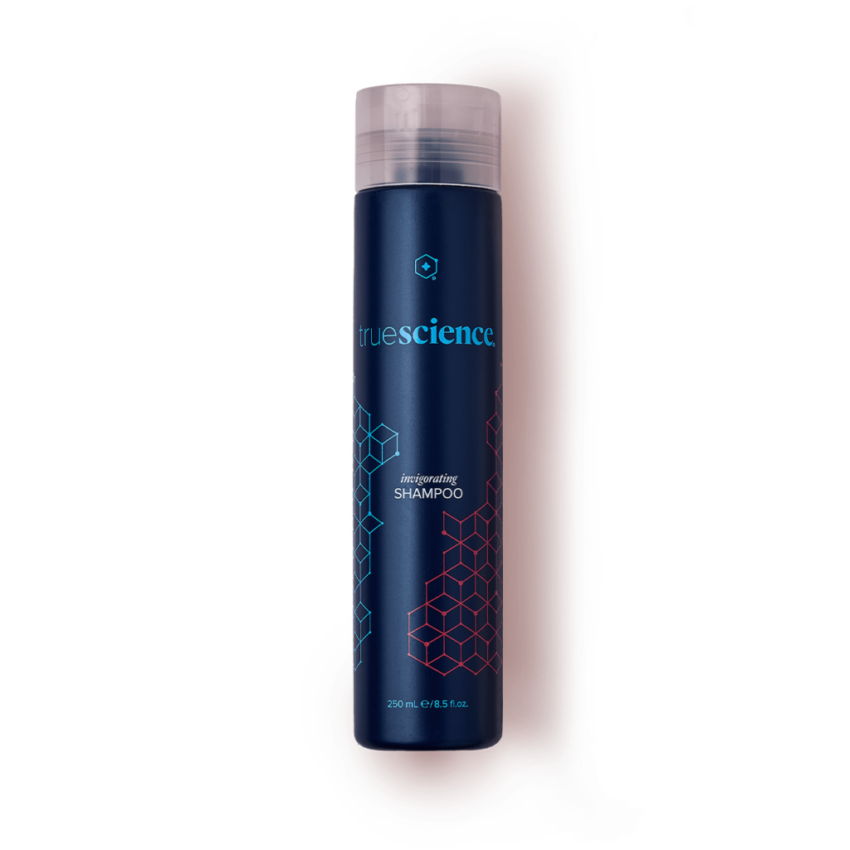TAKING CARE OF YOUR HAIR
Your hair may be dead, but that doesn’t mean you shouldn’t take care of it. You should constantly wash it regularly. What you really need to be sure to wash is your scalp. The best way to get your hair and scalp clean is to do the following below:
- Get it really wet
- Use a small amount of shampoo when applying to your hair (A squirt about the size of a quarter is enough)
- Massage the shampoo into your scalp (Do not scrub the scalp too hard and cause irritation)
- Rinse your hair really well (Until you don’t see any more bubbles)
- Gently dry your hair with a towel
- Comb out your hair carefully (Use a wide-tooth comb, especially if it’s curly. You will want to make sure you don’t yank or tug on it, because that can break the hair or pull it out)
- Allow your hair to air dry whenever you can (Hair dryers can be tough on the hair)
If you feel your scalp is itchy, dry and flaky, it could be because you aren’t rinsing all of the shampoo out. Or this could be because you have something called dandruff. If you have dandruff, when you scratch your head, the skin flakes off and lands on your clothes. This is noticeable if you’re wearing dark colors. In this case, you can use a special shampoo that you can but at the store. There are many to choose from. Talk to your doctor or a skin doctor (dermatologist) to help you decide on the best shampoo for you.
If you’re wondering how often you should wash your hair it depends on what it’s like and what you do during the day. If your hair gets oily quickly, it needs to be washed more often. Straight hair can get oily quickly. Very curly hair is not as oily and can be washed less often. If you have curly, kinky or thick hair, it might be too dry and look frizzy. Using a conditioner after you wash your hair might help, but that doesn’t make it healthier. You have to remember, hair is already dead, but conditioner can make it look better.
Many things can damage hair and make it break off or get too dry. To protect your hair, be careful around the following things:
One of the most common types of hair damage is split ends. Look really closely at the end of a hair, and you might notice that the end is split apart. Because hair is dead, though, you can’t repair split ends. All you can do is cut them off.
BIOHACKING HAIR CARE PRODUCTS
LifeVantage is pleased to introduce the first hair care system designed for biohackers everywhere. Scientifically engineered with Nrf2 ingredients and the most recent advances in science, for a super clean formula that’s as easy on your hair as it is on our environment.
As biohackers, we are never content with the status quo. We are prone to ask questions. So LifeVantage asked: What if hair care did more? What if it wasn’t just good for your hair but the environment as well? What if you could have the best of both worlds: cleaner ingredients that leave your hair looking healthier.
TrueScience Invigorating Shampoo

When it comes to shampoo there are too many choices. That ’s why LifeVantage created a shampoo that doesn’t make you choose. Good for your hair. Good for the environment. It cleanses with a safe formula and invigorates with peppermint oil. TrueScience Invigorating Shampoo is formulated with Nrf2 ingredients and a blend of amino acids to eliminate hair frizz and strengthen each strand of hair. By selecting mild surfactants that create a gentle lather, you will get cleaner, healthier-looking hair without having to compromise.
TrueScience Nourishing Conditioner

Softer, smoother more comb-able. The TrueScience Nourishing Conditioner is designed to deliver the daily nourishment and protection your hair needs to look its best. Bo Frizz. No harsh chemicals. All Good.
TrueScience Scalp Serum

To have great looking hair it will start with your scalp. With TrueScience Scalp Serum, you get the patented active ingredients, superior protection from environmental assaults, and all the nutrients you need for thicker, fuller, shinier looking hair.
* LifeVantage’s Marketing team may from time to time publish blog articles reporting information and research from third-party sources. The views and opinions expressed by these third-party sources as reported in LifeVantage blog articles are those of the authors and experts quoted therein and do not necessarily reflect the official policy or position of LifeVantage.

